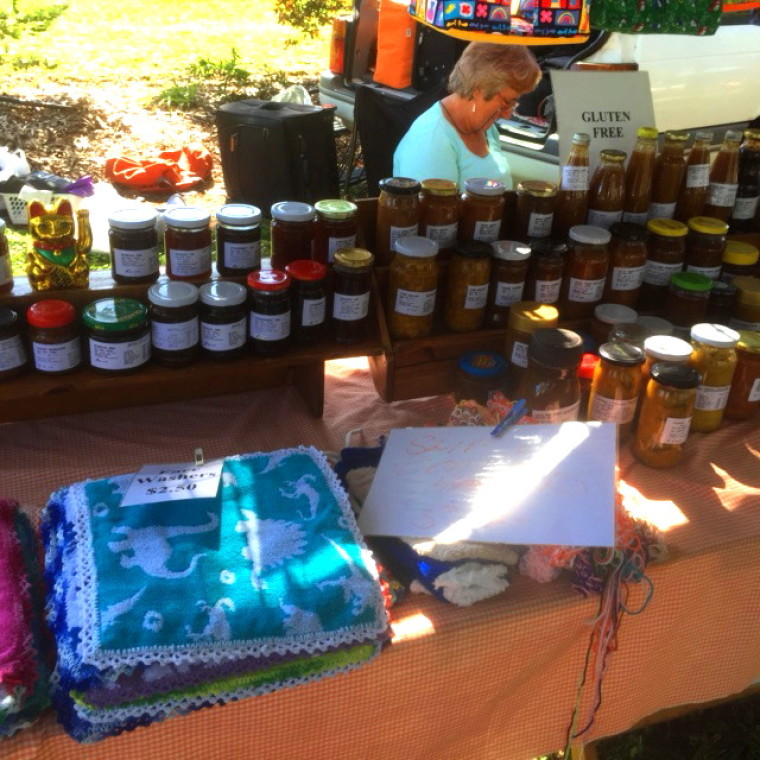
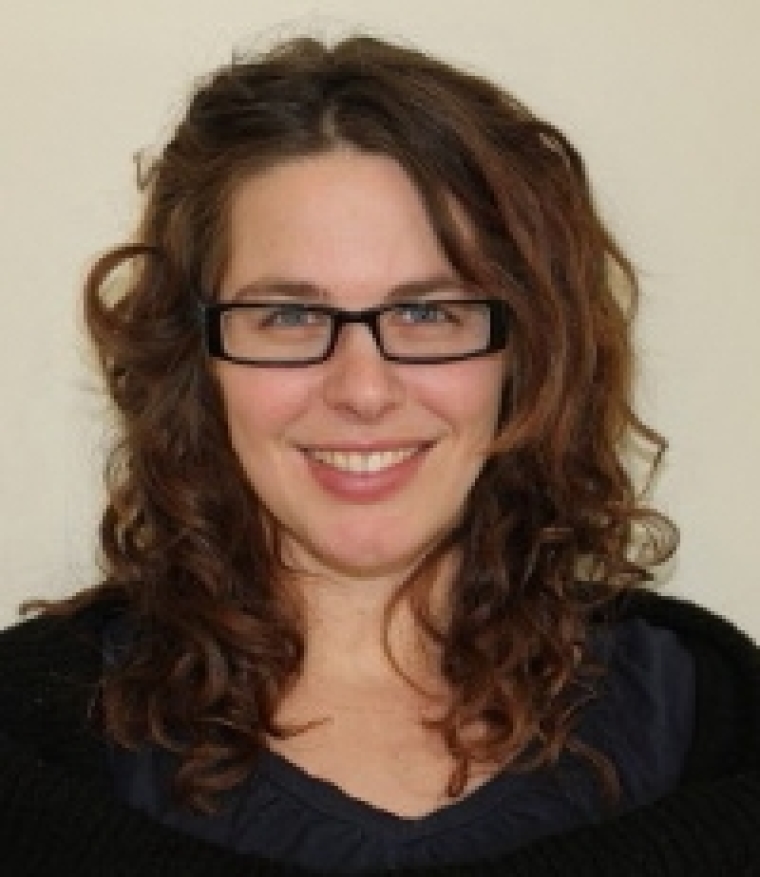
The Q&A Panel from Monday 16 May consisting of Kate Tempest, Award-winning poet and rapper; Jean-Christophe Rufin, Co-founder, Medecins Sans Frontieres; Ayaan Hirsi Ali, Controversial Somalian feminist and author Heretic; Julian Baggini, Philosopher; and Emma Sky, Former adviser to the US military in Iraq - conveyed that criticising Islamic politics and religion has dilemmas.
There is a political "over-sensitivity" inhibiting free debate of Islam in the wake of acts of terror, according to philosopher Julian Baggini. He said "Commentators were shying away from being too vocal in the debate."
And then this by Ayaan Hirse Ali - the world sees Muslim people through a lens of "victims and victimisation", which made it difficult to question the religion, according to controversial Somalian feminist and author of Heretic: Why Islam Needs a Reformation Now, Ayaan Hirsi Ali. "It is not unreasonable to call on the peaceful majority to condemn acts of violence committed in the name of their religion."
"We live in a world where people who identify themselves as Muslims invoke the Quran and invoke the Prophet Muhammad and go around killing people shouting, 'Allahu Akbar'," she said. "I think it is justified for those of us who don't do that to ask fellow Muslims: 'what on earth is that about?'
"That is not Islamophobia, that is not unfair, if you share the philosophy, the religion, the tradition ... it is making an appeal on your citizenship, on your obligation to this community and I don't think you should be offended by that."
Medecins Sans Frontieres co-founder Jean-Christophe Rufin said people had a "perfect and total right" to question religion, but it should be responsible criticism. There's a certain over-sensitivity, this idea, that superior virtue of the oppressed. "The Muslim peoples of the world are put in the category of the oppressed, which means you can't say anything critical of them. I think there's something of that."
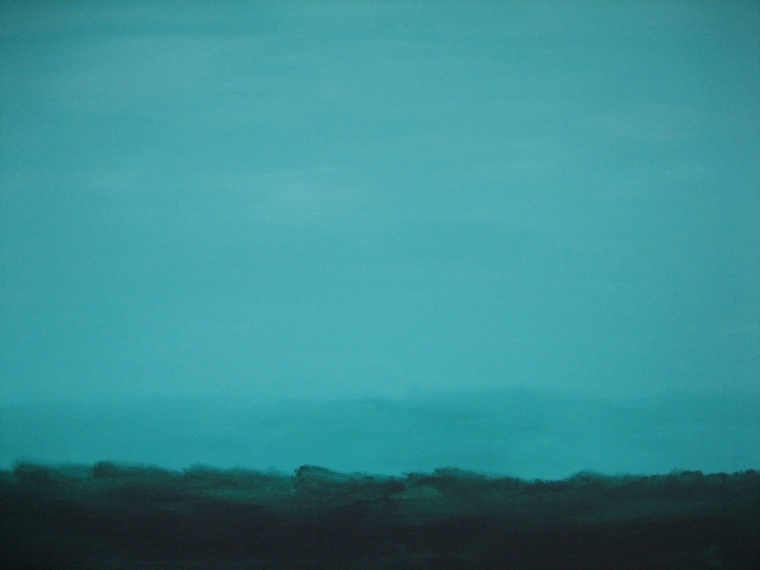
Analysis
There is a clear and unequivocal mandate in any free society to question religious motives, to ascertain what engages those who commit acts of violence in the name of religion and moreover, to enquire of those who are co-religionists why are they not speaking out when nauseous acts are perpetrated.
All recognise these as valid and mandated in a liberal democracy. But, and here's the but, the politically correct sensitivities toward the Islamic belief system is housed within their own political and religious sentiment. In other words, to say anything at all, can be construed as being defamatory, insensitive, racist, bigotry, ill-informed, and the rest of it.
This means therefore that Shire Councils are being asked to provide for Sharia Law compatible change rooms for Muslim girls. The food we purchase needs to be Sharia Law (Halal) certified in case a Muslim person wants to shop in that store. The list is endless. To voice an opinion in opposition is to bring the house down (as it were).
The Q&A Panellists identified the issues but were unable to give politicians a way through this maze as Islamic demands impinges upon every area of life, although only 1.75% of the Australian population. Other minor religious groups - the Hindus of Australia, the Buddhists of Australia, the Jews of Australia, the Greek Orthodox of Australia and the rest of them don't place upon the whole of society such demands.
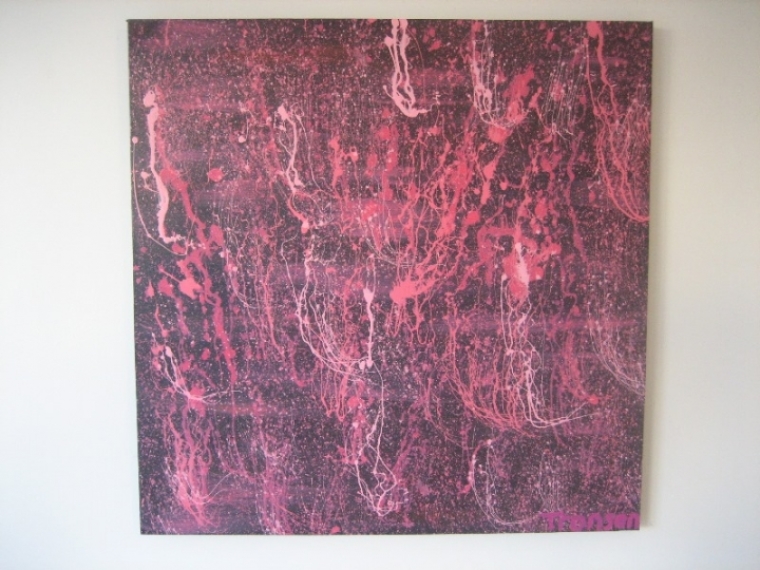
Political high trapeze
Political parties working through these issues have to find a way to circumnavigate such dilemmas in such a way that a "common-good" is found for society.
Whatever your own political philosophies, or your support the Coalition, Labor, Green or smaller groups, three issues the Christian Democratic Party (CDP) have raised are valid for discussion:
One Law for All Australians – No Sharia Law
Freedom for All - Freedom for Religious Beliefs and Freedom of Speech
Fighting Back - Defending Christian Values and Beliefs
With a Federal Election not that far off, these are being raised. As the Q&A Panellists affirmed, we live in a liberal democracy, where we can have our own view.
There is growing recognition in Australia that it shows respect to a Muslim friend or associate to discuss their religious / political system (ie one and the same). Likewise to present a case for religious freedom / political democracy where the "one and the same" is not compatible and the social rules governing the "one and the same" are not compatible. These issues not being raised in free debate creates society tensions.
There are refugees coming to Australia and New Zealand whose sole aim is to build a new life and hold their religion within the framework of their new situation. I have friends in Auckland whose passion is to assist such people and love them for who they are and rejoice with them as they rejoice with each step of the way. There are churches in Australia engaged in the same process.
The Australian 'common-good' question relates to these efforts. At the same time, it was revealed last week nine active terrorist plans were thwarted. Not to be aware of these things is like hiding your head in the sand and there are plenty of Biblical announcements let alone Jesus' parables about being prepared.
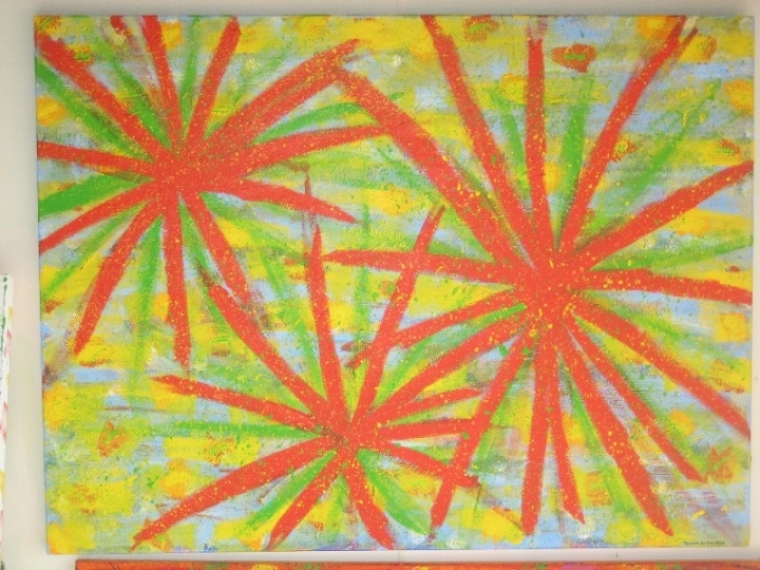
Dr Mark Tronson is a Baptist minister (retired) who served as the Australian cricket team chaplain for 17 years (2000 ret) and established Life After Cricket in 2001. He was recognised by the Olympic Ministry Medal in 2009 presented by Carl Lewis Olympian of the Century. He mentors young writers and has written 24 books, and enjoys writing. He is married to Delma, with four adult children and grand-children.
Mark Tronson's archive of articles can be viewed at http://www.pressserviceinternational.org/mark-tronson.html